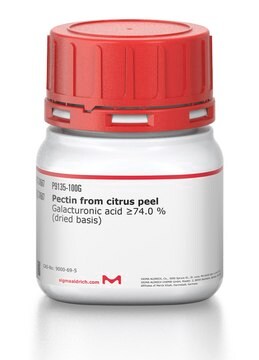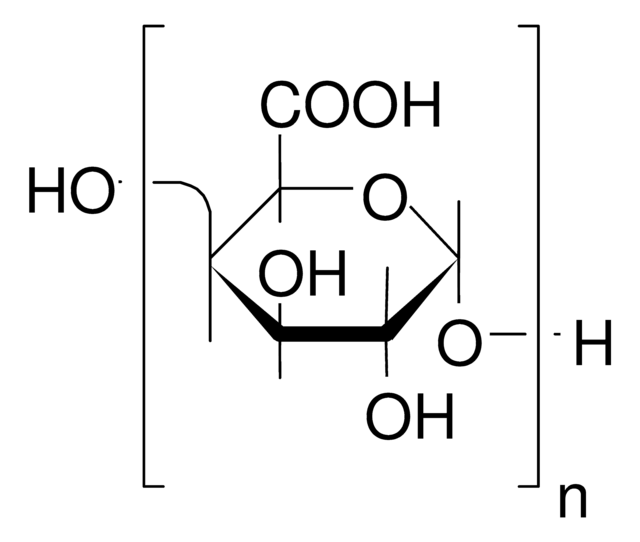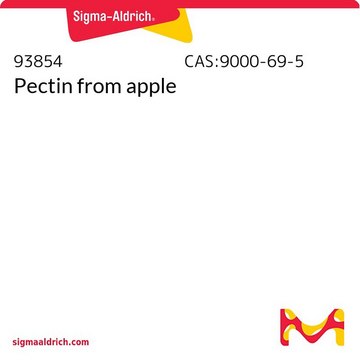P0690
Pectinase from Aspergillus niger
BioReagent, suitable for plant cell culture, aqueous glycerol solution, ≥5 units/mg protein (Lowry)
Synonym(s):
Poly-(1,4-α-D-galacturonide) glycanohydrolase, Polygalacturonase solution from Aspergillus niger
About This Item
Recommended Products
product line
BioReagent
form
aqueous glycerol solution
specific activity
≥5 units/mg protein (Lowry)
technique(s)
cell culture | plant: suitable
application(s)
agriculture
storage temp.
2-8°C
Looking for similar products? Visit Product Comparison Guide
Application
Unit Definition
Physical form
Signal Word
Danger
Hazard Statements
Precautionary Statements
Hazard Classifications
Resp. Sens. 1
Storage Class Code
10 - Combustible liquids
WGK
WGK 3
Flash Point(F)
Not applicable
Flash Point(C)
Not applicable
Personal Protective Equipment
Certificates of Analysis (COA)
Search for Certificates of Analysis (COA) by entering the products Lot/Batch Number. Lot and Batch Numbers can be found on a product’s label following the words ‘Lot’ or ‘Batch’.
Already Own This Product?
Find documentation for the products that you have recently purchased in the Document Library.
Customers Also Viewed
Our team of scientists has experience in all areas of research including Life Science, Material Science, Chemical Synthesis, Chromatography, Analytical and many others.
Contact Technical Service








